Eyeball to eyeball at Lords: A Bangladeshi occasion in a very English setting
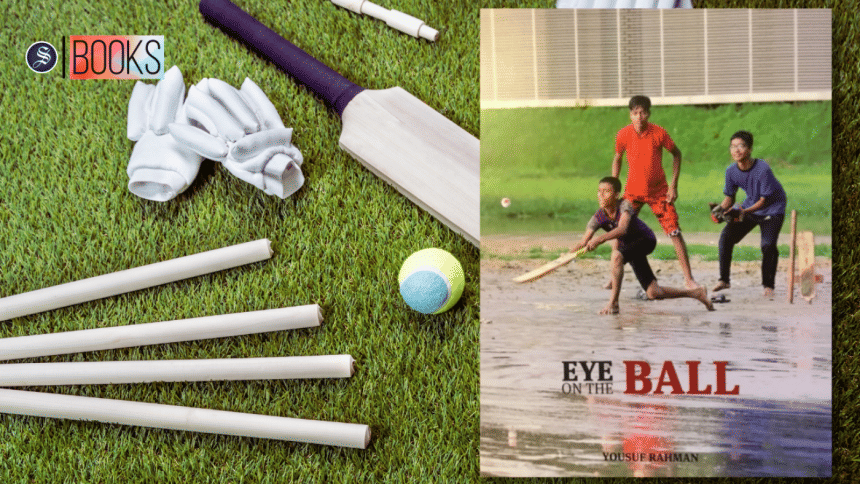
Blazers and old school—as well as specially commissioned—ties dotted the revered Long Room at Lord's on Sunday afternoon (October 1st) as W.G. Grace and other legendary cricketing worthies gazed down from the walls on a very special Bangladeshi occasion.
Yousuf Rahman Babu, one of Bangladesh's original stalwart all-rounders, was re-launching on the international scene his comprehensive, illustrated history of Bangladesh cricket, Eyes on the Ball (Fusion Sports, 2023).
The occasion was something of a return fixture. Nearly 50 years ago, the M.C.C. sent a team out to Bangladesh to test the strength of the fledging nation's cricket. 35000 spectators turned out amid the colourful shamianas and flags to watch the one (and only) unofficial Test in Dhaka in January, 1977.
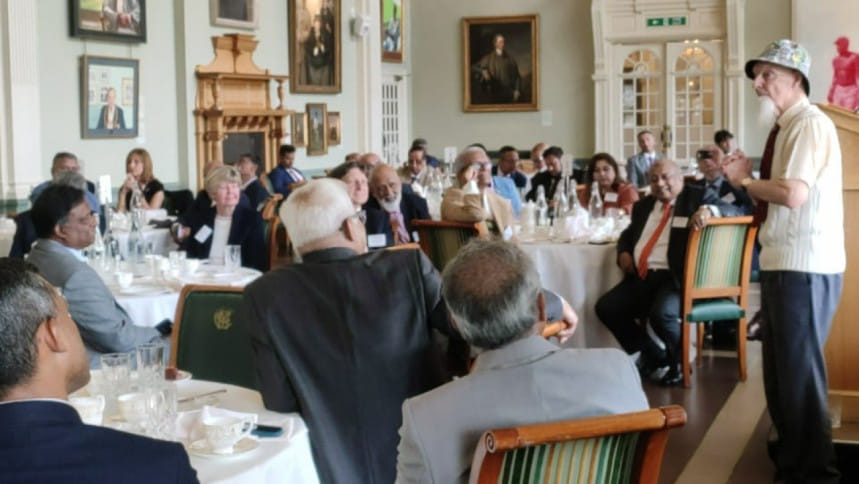
The crowd had plenty to cheer about when the young Yousuf Rahman top scored with 78. He followed this up with 4-37 in a final zonal match thereafter. Thanks to his performance and that of several other outstanding team-mates, Bangladesh was admitted to the International Cricket Council.
On Sunday, Yousuf and a strong team of some 60 of his Bangladeshi and other Banglaphile cricketing friends took on the M.C.C. on their home ground. This time, Yousuf was armed not with bat and ball but with pen and photos.
Eyeball to eyeball, the decorative paintings of iconic figures from cricket's past were confronted with a whole host of his book's photographs of Bangladeshis at cricket. These provided a clear illustration that the game in every corner of Subcontinental scrubland is now a match, if not more than, for that played on England's green and pleasant land.
That said, afternoon tea in the Long Room overlooking the ground was a very English setting. There were no clay cups for tea—or samosas. Scones and cream and strawberry jam as well as a variety of neatly cut sandwiches and dainty pastries were served while a number of notables spoke of their experiences of Bangladesh and its earliest cricketings.

West Indian batting legend Gordon Greenidge told of his time as Head Coach of Bangladesh, highlight of which was when, after the team won the ICC Trophy in 1997, he was made an honorary citizen. He made an impassioned plea for coaching youngsters for the longer, Test match, form of the game. Pakistan's Zaheer Abbas, the "Bradman of Asia", fondly remembered how his earliest cricketing triumphs for PIA in Dhaka had been fuelled by parathas, kebabs and kaleji from food stalls under the stands.
These two great batsmen were the subject of an amusing story told by John Barclay, Sussex captain and all-rounder who had been one of the original M.C.C. team to tour Bangladesh. He had played against both in English county cricket and, when bowling, would have been delighted to take the wicket of either.
"Z", he had never been able to get out, John said, but on one proud day he did manage to account for Gordon. He stationed a little known Sussex fielder named Groome down on the mid-on boundary, Gordon fell for it, lofted the ball that way and was caught. There it is recorded in Wisden's, John said: Greenidge, c. Groome b. Barclay… We waited breathlessly to hear that he'd got the great Gordon Greenidge out for a duck. Then came the punchline: …259!
Guests heard also from Mrs Cally Barlow of her late husband Eddie's campaign as Coach at the turn of the millennium so as to transform Bangladesh cricket that it gained admission to the top Test Match table. Eddie was also an enthusiastic champion of the game in the mofussil and Cally recalled how once, during a hartal, she had managed to travel through pickets all the way from Sylhet to Dhaka by uttering the name "Eddie Barlow" like a mantra.
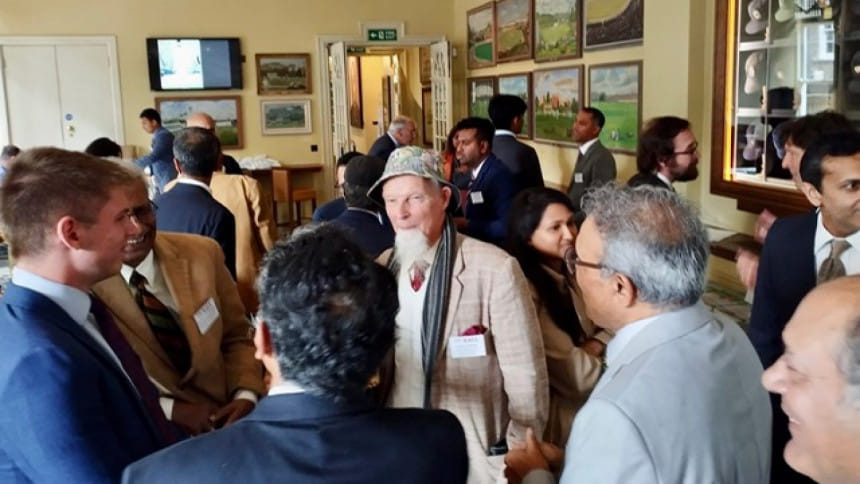
Incidentally, Cally alone of the speakers seemed able to get her tongue round the oft-quoted name of Chittagong. Others declared a downright preference for the euphony of Chattogram's anglicised name.
This most memorable adda over, free of any of the kerfuffle that disturbed the Long Room after Johnny Bairstow's dismissal during the Ashes this summer, we passed out through the Long Room bar where, in a case on the wall above copies of Yousuf's book, was displayed a selection of cricket caps.
If you had your eye on the ball no less than the boy on the front cover of Yousuf's book, you would have spotted Yousuf's cap, representing Bangladesh. It hangs right next to that of his boyhood idol, Hanif Mohammad, Hanif's son also being present at as friendly an international gathering as, some say, only cricket knows.
John Drew, who plays cricket for Clare Hall, Cambridge, is an occasional contributor to the Daily Star. Bangla File, a selection of his essays, including several on cricket, is due out from ULAB Press later this year.

 For all latest news, follow The Daily Star's Google News channel.
For all latest news, follow The Daily Star's Google News channel. 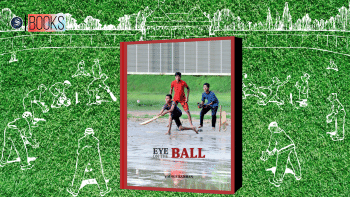
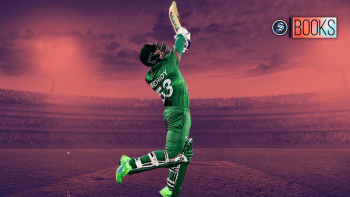
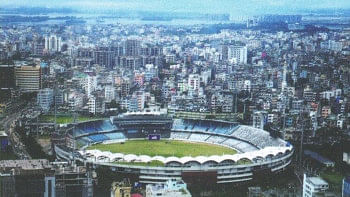





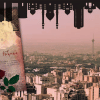


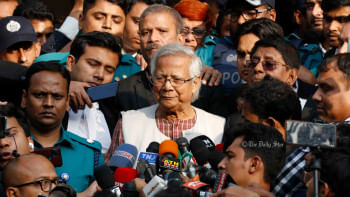

Comments